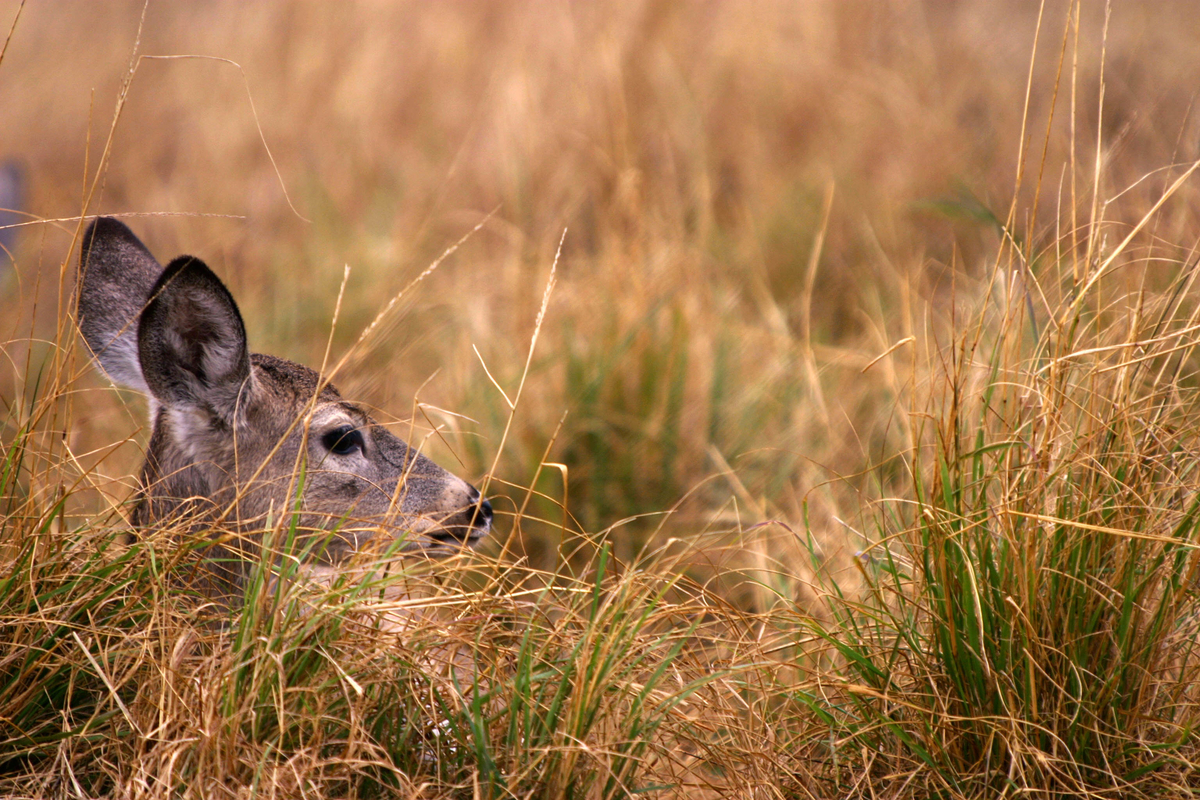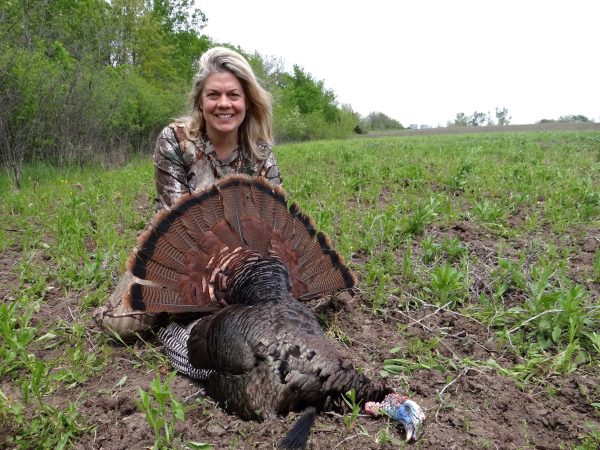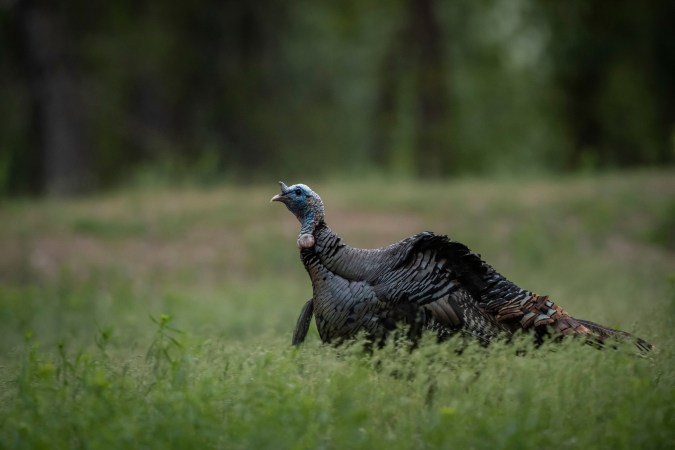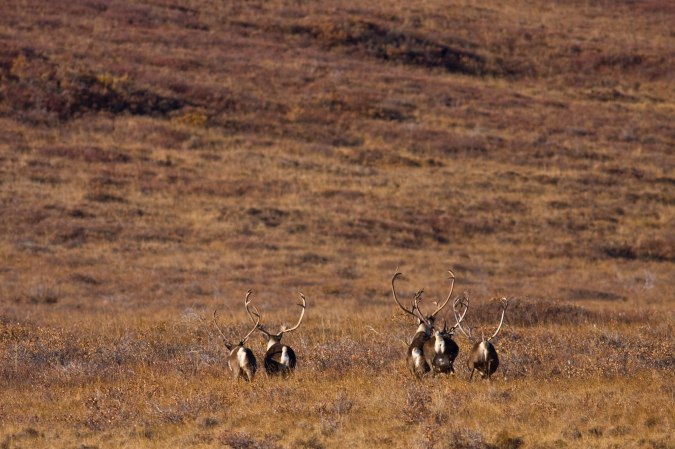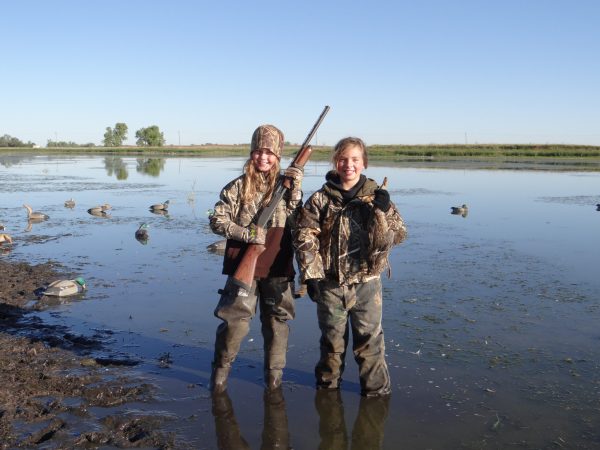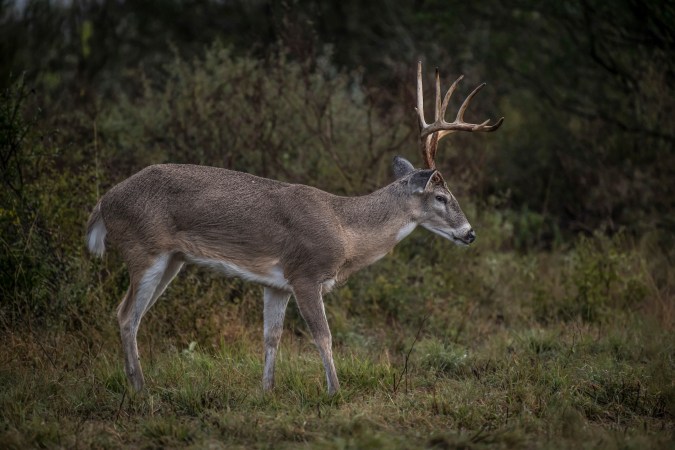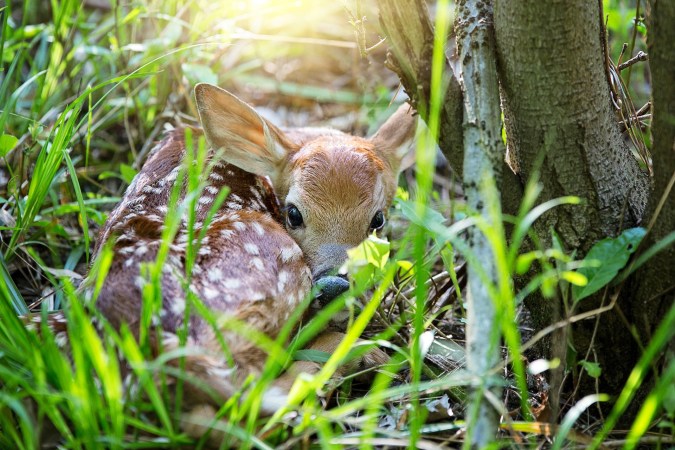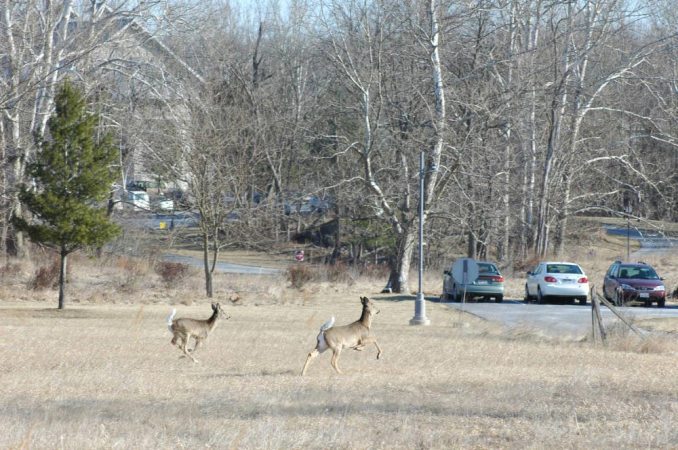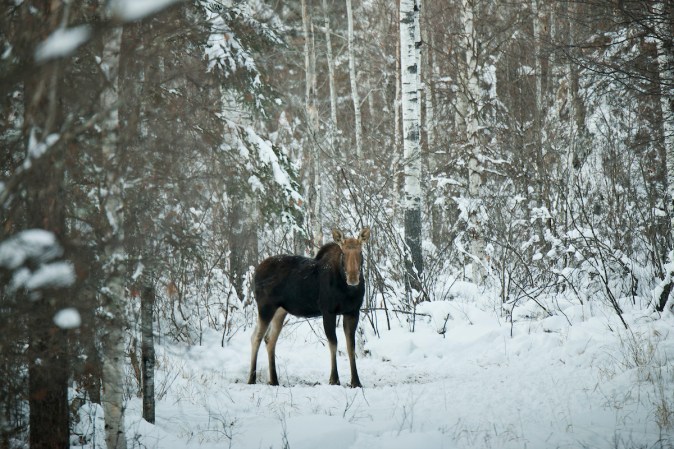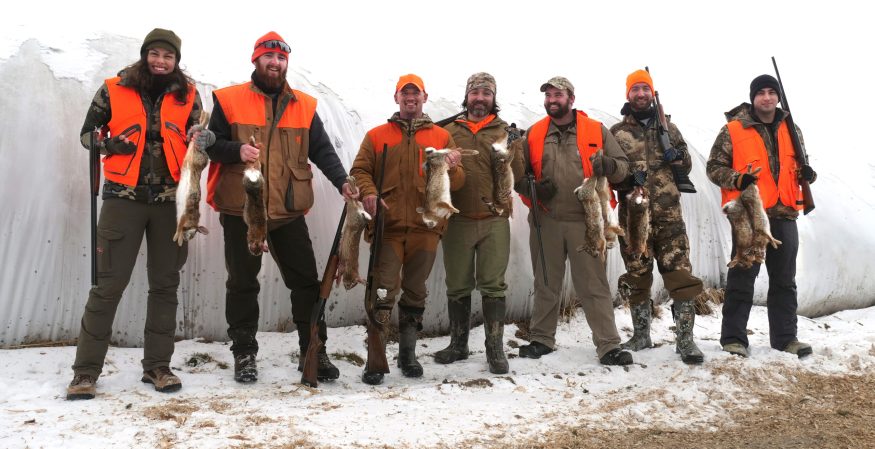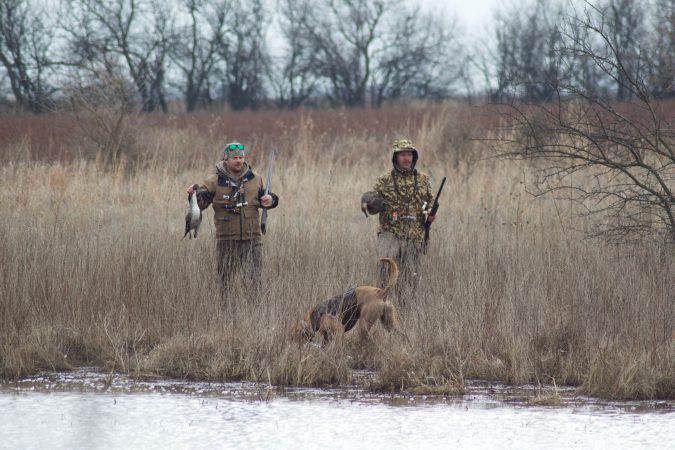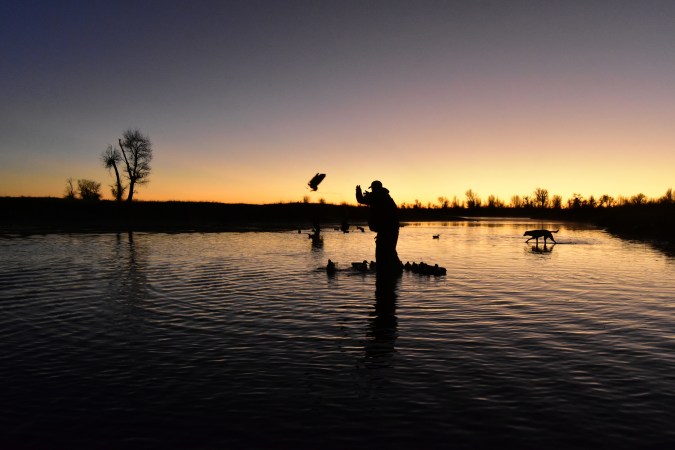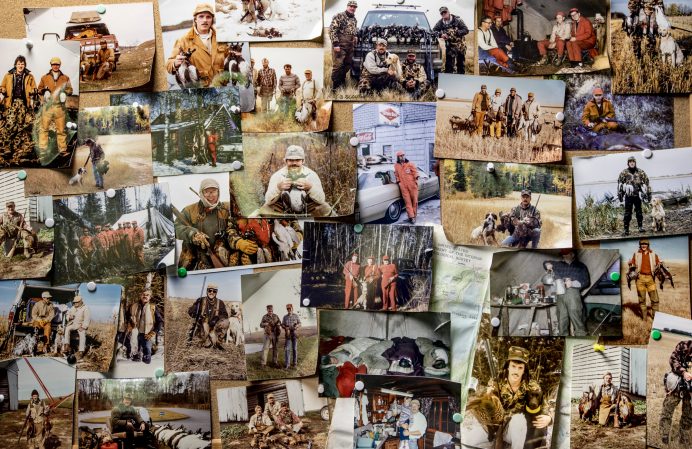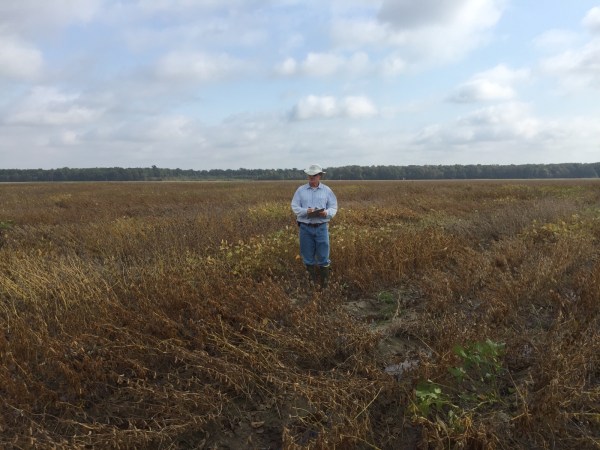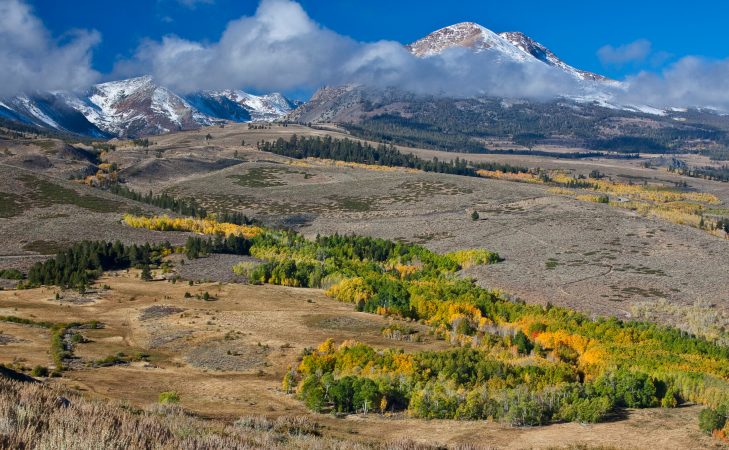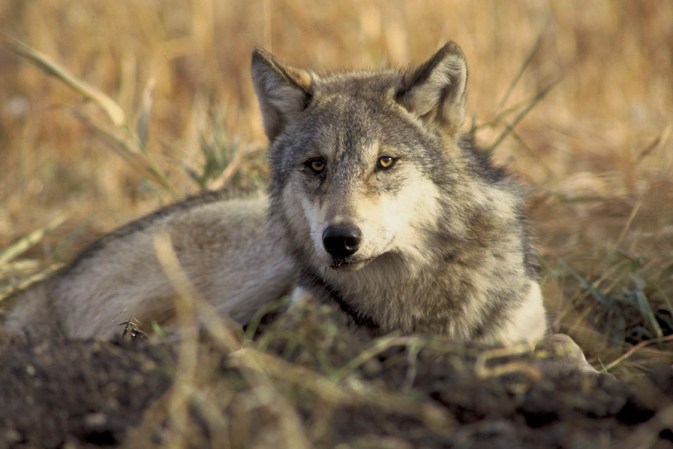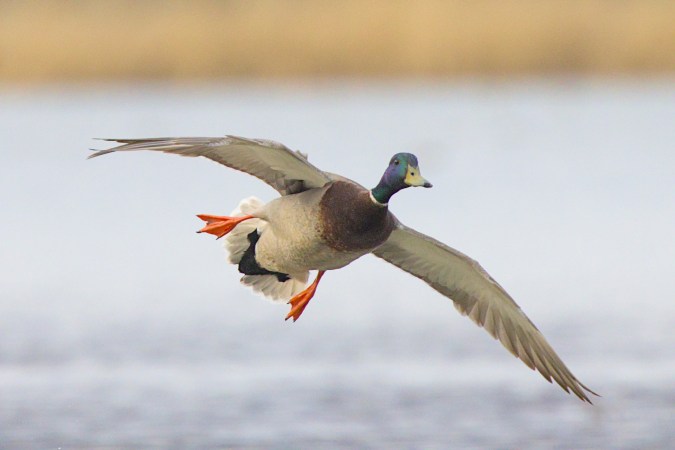For years I have been arguing (and pleading) that under staffed agencies need to make better use of the millions of deer hunters who walk the woods annually. They are more than just another hunting license sale. They are an underutilized resources.
Most of the hunters I know are more than happy to do their part for wildlife. They can gather data, or crunch numbers or count deer. They know the difference between a doe and a fawn, and how to count deer, and what three dead bucks lying in a mud pond looks like. Most of them can run a chainsaw and some of them can even run a tractor pulling a mower. They are ready to lace up their boots and help out, especially if it helps wildlife and will give hunting a shot in the arm.
I attended an agency sponsored deer meeting recently and I heard it again. The sentiment was: “We only have so many people (sob, sob) and really don’t have the manpower to count winter-killed deer.”
No, you only have about 600,000 hunters in your state who will lace up their boots and do it for you. How about asking?
“Not enough people” has to be the most common duck and bob in the wildlife agency game. There are roughly 12 million deer hunters out there just waiting to get put in the wildlife management game. They can count deer carcasses and can be trained to to crack a shin bone and look at the color inside. Need a winter kill count? Call on hunters.
Need a blue tongue party to hit the marsh? Call a duck hunting club.
Hunters can can do all kinds of stuff and all they want for their time is a pat on the back and more good hunting opportunities the next fall.
Its time for agencies to adapt to the realities of declining budgets (few agency budgets are doing anything other than declining these days). They can fight their declining resources with armies of volunteers (who are going to be hunters). The wildlife management paradigm might just have do some changing, the money might be a little short, but the volunteers are out there by the millions.
